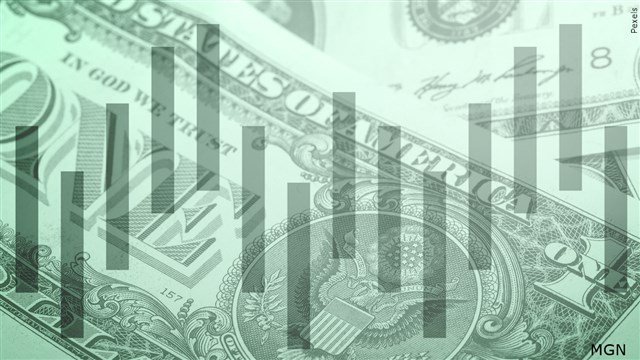Recently, the Russian news agency TASS reported that Russian Foreign Minister Sergey Lavrov said BRICS is developing a payments platform that will allow them to bypass the U.S. dollar.
BRICS countries include principal members of Brazil, Russia, India, China and South Africa.
The number of countries interested in working jointly with BRICS has increased to almost 30, Lavrov said at a June 11 news conference following the BRICS Foreign Ministers meeting in Nizhny Novgorod, Russia.

The proposed initiative came from a summit of the BRICS countries in Johannesburg, South Africa, last year where the growing Global South group called for more trade and lending in their national currencies.
Lovrov spoke at a two-day BRICS Foreign Ministers’ meeting just days after Russia’s flagship St. Petersburg International Economic Forum. At the forum, Russian President Vladimir Putin “doubled down on his call to phase out the use of the U.S. dollar and other ‘toxic’ currencies,” reported businessinsider.com.
De-dollarization is a trend gaining momentum to decrease the world’s dependence—especially in the Global South—on the U.S. dollar, which has become the backbone of global trade and the biggest currency of global central bank reserves.
Proponents argue that de-dollarizing would free outside economies from U.S. sanctions risk and give alternative tenders more sway and independence, explained businessinsider.com.
Africa and the Global South need to decouple from the western Bretton Wood imperialist model, economist Redge Nkosi, the Pretoria-based founder and executive director of First Source Money and Public Banking of South Africa, told Africa Watch. He is also a former member of the Nelson Mandela administration.
“They ought to be reformed but reformation is unlikely because the powerful Global North nations benefit from the poverty of the Global South. Abusing its dominant position, the U.S. has done us a great favor,” he said.
The “favor,” explained Nkosi, is that the U.S. has “abused its dominant position by geopolitically weaponizing this position,” thus assuring the Global South, including Asia, Latin America, the Caribbean, and Africa, that their survival depends on decoupling from Europe and the United States.
Today’s dominant reserve currency is the U.S. dollar and to a lesser extent the Euro. This means all invoicing of international trade is done mostly in U.S. dollars. According to Nkosi, foreign exchange is done in U.S. dollars. The consequence gives the U.S. inordinate financial and geopolitical power. Since all reserves are in U.S. dollars, it gives America the ability to punish at will.
Any country that does not do U.S. bidding—like Russia, Iran or Afghanistan or Cuba—is sanctioned by confiscating the reserves in U.S. dollars or by blocking those countries from accessing the ability to transmit money globally.
These monetary transmissions are transacted via the Society for Worldwide Interbank Financial Telecommunications or SWIFT. SWIFT is a vast messaging network used by financial institutions to send and receive information like money transfers quickly, accurately, and securely.
Nkosi presented at last year’s BRICS Summit in South Africa. “De-dollarization and the construction of a new global financial monetary architecture” was the substance of his talk.
“The Global South countries are sick and tired of the hegemony and the abuse of the hegemony led by the U.S. and Europe,” he said. “And we’re determined to ensure that institutions like the IMF (International Monetary Fund) and World Bank become as obsolete as they are destined to become.”
Russia is making a concerted effort to encourage African countries to move away from the U.S. dollar in favor of local currencies, particularly in bilateral trade with Russia. Putin has vocally supported this change, contending that such a transition will benefit African economies.
By advocating for use of the Russian Ruble and other national currencies, Russia aims to bolster its economic ties with Africa, while simultaneously challenging the dollar’s supremacy in international trade, reported Africa24.
While Global South countries’ efforts to get away from the weaponizing of U.S. currency are often cited as the driving force behind de-dollarization, according to an article published in the Financial Times, those worried about the trend should look instead at the U.S. as the biggest culprit.
In the article, analysts Steven B. Kamin and Mark Sobel attribute the trend to, rising American political or fiscal dysfunction as “the real threat to the greenback’s international role.” When U.S. economic leadership begins to crumble, de-dollarization alarm bells, as they have, start ringing.
“The dollar’s global role would plunge, and market disorder and volatility would explode. The malign scenario would be enormously harmful to global prosperity, including America’s,” they wrote, adding: “If the U.S. doesn’t keep its house in better order, dollar dominance will be the least of our worries.”
Follow @JehronMuhammad on X, formerly Twitter













